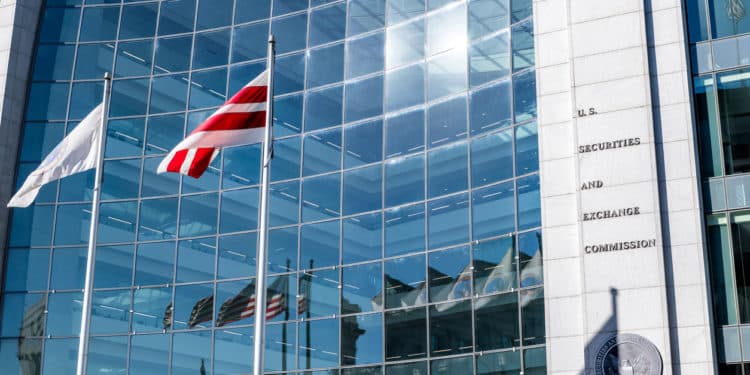Today, the U.S. Securities and Exchange Commission (SEC) cancelled a scheduled vote on proposed changes to the agency’s whistleblower reward program. The vote was scheduled to take place at 9 a.m. on September 2. This is the second time a vote on the changes has been canceled since they were originally proposed in 2018.
The proposed changes are highly controversial. Whistleblower advocates have argued that if the amendments were passed as proposed, they would undermine the success of the SEC Whistleblower Program. Two notable proposed rule changes are the institution of a “soft cap” on large whistleblower rewards and the removal of protections for internal whistleblowers.
Stephen M. Kohn, whistleblower attorney at Kohn, Kohn & Colapinto, and Chairman of the Board of Directors of the National Whistleblower Center, recently outlined the proposed changes and offered detailed arguments against several of the controversial proposals. Kohn, who met with SEC officials on numerous occasions about the changes, released a statement following the cancelation of the vote.
“We hope that the Commission is using this additional time to ensure that the proposed changes do not harm a program that is fast becoming the most successful whistleblower reward program in the United States,” Kohn stated. “Given the tremendous success of the program, the SEC cannot justify any changes to the rules that would undercut whistleblower protections. You cannot knee-cap a program that is helping small investors and keeping Wall Street Honest.”
Kohn’s claims about the tremendous success of the SEC Whistleblower Program have been echoed by officials within the SEC. In a press release about a $3.8 million whistleblower reward, Jane Norberg, Chief of the SEC’s Office of the Whistleblower, detailed the program’s success:
“Today’s award underscores the paramount role the SEC’s whistleblower program plays in safeguarding the Main Street investor. Since the beginning of the program nearly ten years ago, the SEC has ordered more than $2.5 billion in financial remedies based on whistleblower information, including more than $1.4 billion in disgorgement and prejudgment interest, of which almost $750 million has been returned or is scheduled to be returned to harmed investors.”
The SEC has not announced a rescheduled vote on the proposed changes.


